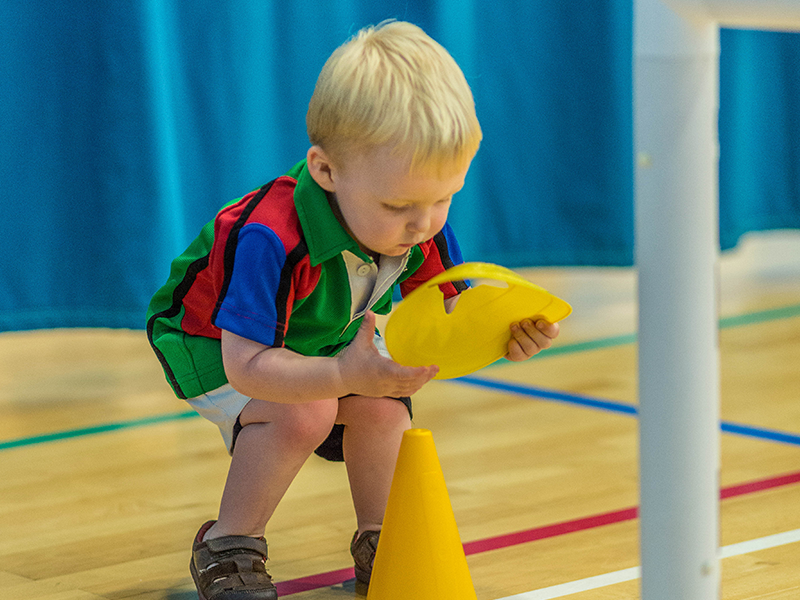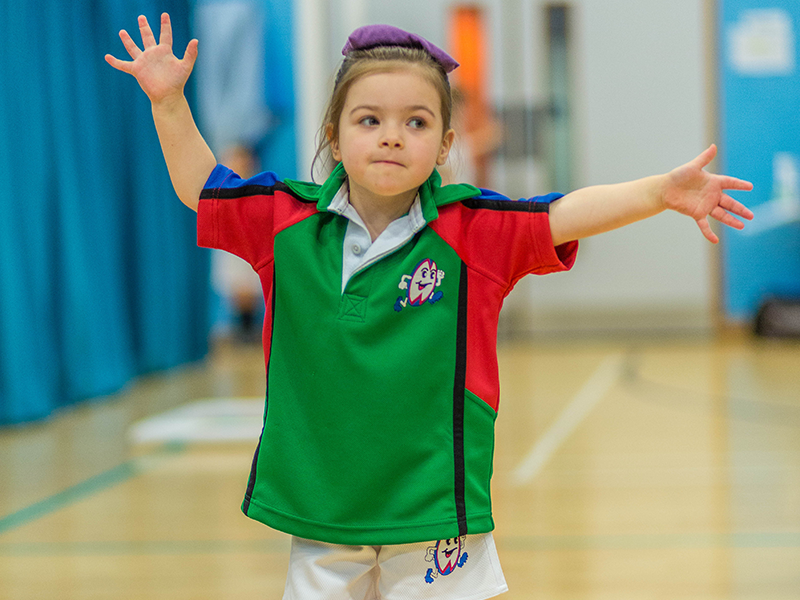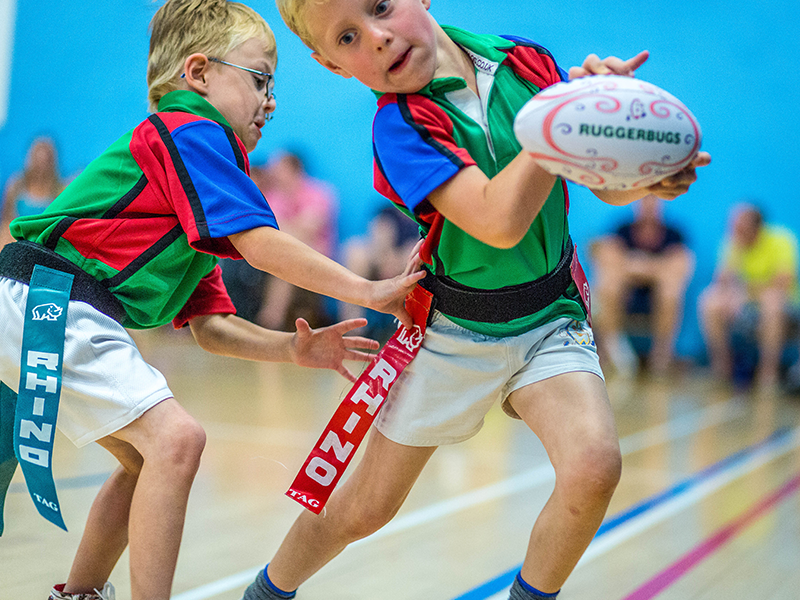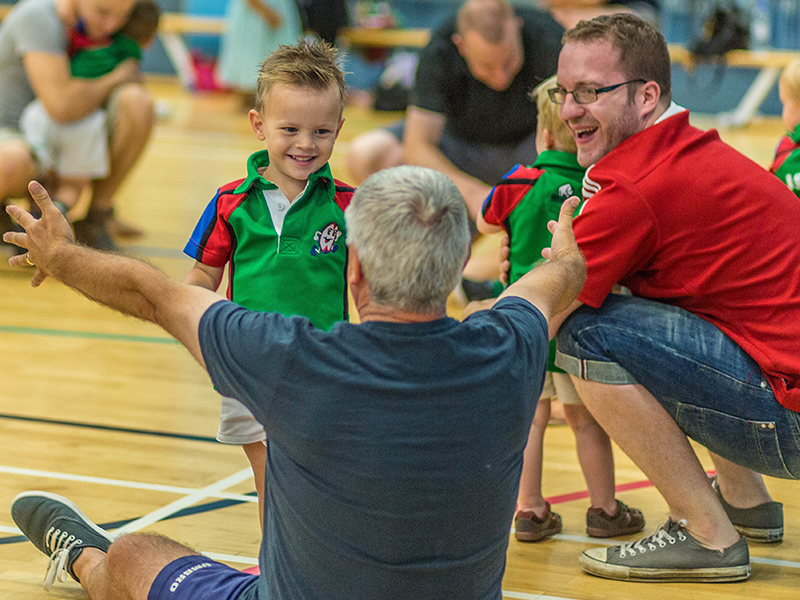




Confidence doesn’t come naturally to everyone. For many, it’s something that needs to be nurtured and developed over time. One of the most effective ways to build self-confidence and emotional resilience is through physical play. Whether it’s a child learning to ride a bike, an adult picking up a new sport, or anyone engaging in physical activities, play plays an incredibly vital role in shaping one’s confidence and overall well-being. But how does physical play directly translate into better self-esteem and emotional health?
The Power of Play: A Natural Confidence Booster
- Building Skills and Competence
When we engage in physical activities, we often start as beginners, making mistakes along the way. This process of learning, failing, trying again, and improving is fundamental to boosting self-confidence. As children or adults master new techniques—such as dribbling a ball, learning to tackle, or performing a challenging rugby move—they begin to see their own progress and feel a sense of accomplishment. This growing competence in any activity provides a tangible, measurable way to build confidence.
At RUGGERBUGS, every move, pass, and try is a stepping stone to boosting self-esteem. As rugby teaches both physical and mental skills, players are rewarded with the confidence that extends far beyond the field. Toddler rugby, as an early year’s activity, is a powerful way to kick-start this process. Even at a young age, children learn basic movements, coordination, and the concept of teamwork, all of which lay the groundwork for a strong sense of self-belief.
- Toddler Rugby: A Foundation for Early Confidence and Social Skills
Toddler rugby, as an early year’s activity, is a fantastic way for young children to build self-esteem from the ground up. In a supportive and safe environment, toddlers engage in fun, non-contact games that introduce them to the basic concepts of rugby, such as running, passing, and working as a team. These simple activities help children develop physical skills and a sense of achievement as they master new movements.
More importantly, toddler rugby fosters socialization. At this young age, children are learning how to interact with their peers, share space, and understand the importance of following instructions. These social interactions are crucial for emotional development and create opportunities for children to gain positive feedback from coaches and peers. Every small victory—whether it’s completing a run or successfully passing the ball—adds to their confidence.
By introducing rugby in the early years, RUGGERBUGS helps set the stage for long-term self-esteem development. As children learn to work together and support each other on the field, they begin to internalise the value of teamwork and cooperation. These early lessons in collaboration play a crucial role in their overall emotional well-being, boosting their ability to navigate social situations and challenges with greater ease.
- Physical Health and Self-Esteem
The connection between physical health and emotional well-being is undeniable. Engaging in physical activities like rugby promotes the release of endorphins, known as the body’s “feel-good” hormones. Physical play reduces stress and anxiety while also boosting mood and energy levels. This emotional lift contributes to a stronger sense of self-worth and resilience.
As children develop their rugby skills and improve their physical fitness, they also enhance their body image, strength, and endurance. These improvements foster greater self-confidence and satisfaction with their physical abilities, ultimately boosting self-esteem.
- Overcoming Fear and Embracing Challenge
Physical play, especially when it involves trying new activities or pushing oneself beyond their comfort zone, helps children confront and overcome fear. Whether it’s learning to take on a stronger opponent or mastering a tricky rugby manoeuvre, overcoming challenges fosters resilience and a sense of accomplishment.
For toddlers, engaging in rugby at an early age presents manageable challenges that are designed to help them build both physical and emotional resilience. Through RUGGERBUGS, toddlers learn how to handle mistakes, celebrate achievements, and keep pushing forward in a fun, supportive environment.
The act of overcoming these fears, even on a small scale, fosters a sense of achievement and belief in one’s own strength. As children tackle and master physical challenges, they gain the emotional resilience necessary to navigate life’s hurdles. This confidence and mental toughness extend well beyond rugby or physical play, enriching a child’s life and contributing to better self-esteem.
- Mental Health Benefits and Emotional Regulation
Physical activity isn’t just beneficial for physical health; it’s essential for mental health too. Studies have shown that regular physical play can reduce symptoms of anxiety and depression. Exercise encourages the production of chemicals like dopamine and serotonin, which regulate mood and emotional responses.
Toddler rugby offers a great opportunity for young children to release energy, have fun, and experience joy through movement. As they engage in these physical activities, toddlers also start to understand how to regulate their emotions. Learning to follow the rules, share space, and respect others in a group setting helps build emotional intelligence—skills that are foundational for healthy emotional well-being.
Additionally, rugby teaches valuable emotional regulation skills. Children learn to cope with setbacks, frustrations, and disappointments, such as missing a pass or being tackled. These experiences foster emotional resilience and teach children how to persevere, ultimately leading to greater self-esteem and overall emotional well-being.
- Boosting Resilience Through Repeated Effort
Every time a child faces a setback in physical play and decides to try again, they are practicing resilience. This repeated effort—whether in rugby, dance, or other activities—builds mental toughness. As children see their own progress over time, they develop patience and perseverance, qualities that strengthen their overall sense of self.
At RUGGERBUGS, the core principle of resilience is embedded in every practice. Children not only learn the basic rules of rugby but also the value of consistent effort, which leads to greater confidence and improved emotional health.
- Setting Goals and Achieving Them
Setting and achieving goals is a key part of physical play. Whether it’s improving fitness levels, mastering a new rugby technique, or overcoming a fear, goal setting provides direction and a sense of purpose. Achieving these goals brings fulfilment and enhances self-esteem.
In rugby, the focus on goal setting helps children develop both confidence and the ability to tackle challenges head-on. When kids see the results of their hard work and dedication, their self-esteem soars. RUGGERBUGS fosters this sense of achievement, guiding kids to reach both their rugby and personal goals, thus reinforcing their emotional resilience.
The Long-Term Impact on Emotional Health
The connection between physical play and emotional well-being is clear. Confidence built through rugby and other physical activities doesn’t just help children feel better about themselves in the moment; it contributes to a resilient, positive outlook on life. Whether through improving rugby skills, developing social bonds, or overcoming challenges, physical play helps children build lasting self-esteem and stronger emotional health.
In a world where mental health challenges are prevalent, especially among children, physical play offers a fun, accessible, and effective way to build confidence and emotional strength. It’s not just about winning or excelling in a sport—it’s about learning that through effort, perseverance, and support, children can overcome obstacles, push past fears, and thrive.
At RUGGERBUGS, we know that every child who engages in physical play is taking steps toward a more confident, resilient, and emotionally balanced future.

